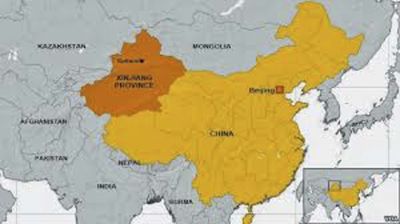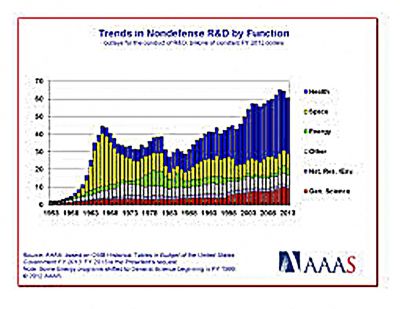
Cisco Systems Inc, a world leader in network hardware, announced today plans for the coming two years to spend $1 Billion to upgrade its fledgling cloud services. http://www.binarytribune.com/2014/03/24/cisco-systems-inc-share-price-down-shifts-focus-towards-cloud-computing-services-to-join-the-competition/
The key initial outlay for the Cisco’s ‘Cisco Cloud Services’ enterprise involves constructing state of the art data centers, the old fashioned brick and mortar structures that house boxy hardware, cables, and a few work-spaces for a handpicked collection of human technicians that oversee the mix. http://www.reuters.com/article/2014/03/24/us-cisco-systems-cloudcomputing-idUSBREA2N09T20140324
To HFS analysts, the more interesting problem a new entrant such as Cisco faces concerns who it will likely meet in competition for customers who pay for the privilege of using the cloud’s services. Today in the first quarter of 2014, the top ten cloud competitors include a few well-knowns, but mostly a collection of never-heard-ofs. Here’s a top-10 list from Secpoint.com:
Amazon Web Services
3Tera
Force.com
Appistry Cloud Computing Middleware
Microsoft Live Mesh
AppNexus
Flexiscale
Google App Engine
GoGrid
Terremark
With its big dollar investment virtually upfront, Cisco expects to be added to lists such as this one within two years, just in time to tap into an exploding new business model. HFS analysts point out that the model actually arose in the 1960’s when computing first twinkled in some future geeks’ eyes and visions of how it might someday come together kept them talking with one another through the night. In other words, it’s what computer planners have considered the basic model from the beginning, and finally after a few decades of rapid maturation, that basic model has become recognizable.
So if you were one of the billions of people who wished they had gotten in on the ground floor of plastics in the 1960’s or computers in the 1980’s or dot-coms in the 1990’s and you missed the investment opportunity, now is the time to set aside a small investment for cloud computing. Some day it might grow quite large. The only problem is, who should one invest in from the list of leaders? Maybe Cisco would be a good candidate, or maybe not.
What do you think?
















